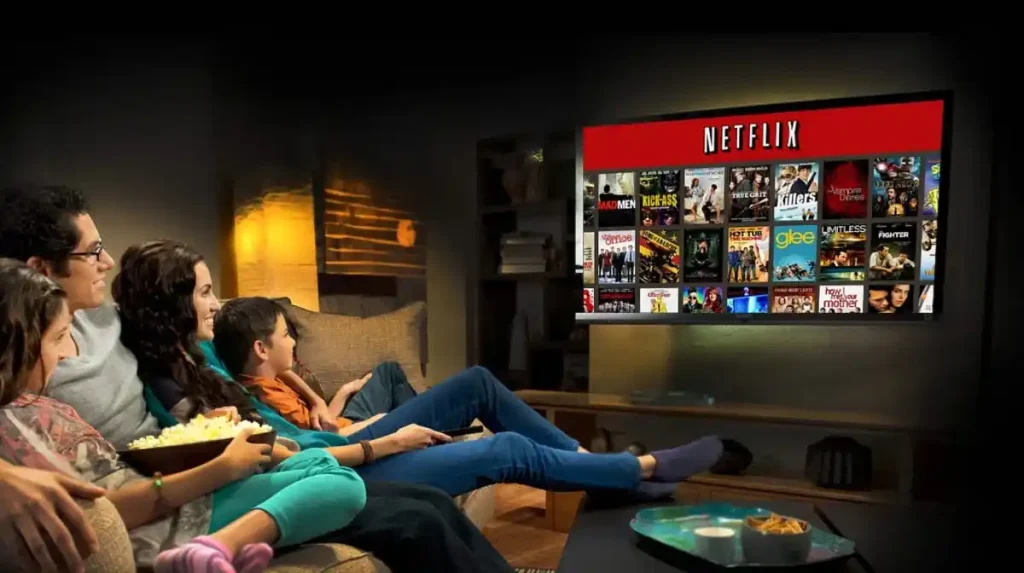Ever find yourself watching episode after episode, promising yourself “just one more,” and suddenly it’s 3 a.m.? Don’t worry, you’re not alone. Binge-watching has become a full-blown global phenomenon, and scientists, psychologists, and even your couch are all involved in why it’s so addicting. Turns out there’s a lot more going on than just enjoying a good story.
The Power of Cliffhangers
If you’ve ever finished an episode thinking “I can’t believe they left it there,” that’s exactly what the creators wanted. Cliffhangers are basically psychological hooks that make your brain say, “I need to know what happens next.” And your brain loves it. Dopamine spikes every time you see a dramatic twist, making you crave the next episode like it’s chocolate… or Wi-Fi when it cuts out mid-show.
Character Attachment
We get emotionally invested in fictional characters more than we admit. Scientists say it’s called parasocial relationships—basically, you feel like you know these characters personally. That’s why when your favorite character suffers or disappears for an episode, it’s like a tiny heartbreak. And of course, to soothe that heartbreak, your brain nudges you into watching the next episode immediately.
The Comfort Factor
Binge-watching isn’t just about addiction—it’s also about comfort. After a long day of work, school, or pretending to be a responsible adult, sitting down with a familiar show is basically like wrapping yourself in a warm blanket. Your brain relaxes, your worries take a backseat, and suddenly 6 episodes have passed in what felt like 15 minutes.
Storytelling Tricks
Writers and showrunners are sneaky geniuses. They pace episodes in a way that keeps you hooked, sprinkle in surprises, and layer mysteries that you can’t resist solving. Ever notice how Netflix and other streaming platforms autoplay the next episode? That’s not laziness, that’s pure behavioral science in action. They’re literally conditioning you to stay glued to the screen.
Social Influence
Let’s be honest, part of the reason we binge-watch is peer pressure… or more like digital peer pressure. When everyone on social media is talking about the latest plot twist, it’s hard not to jump in. FOMO is real, and your brain hates feeling left out. So you click play, scroll later for reactions, and before you know it, you’re hooked.
The Reward Loop
Binge-watching triggers a simple but powerful reward loop. Each episode gives just enough payoff while leaving tiny unanswered questions. Your brain interprets this as a mini-win, boosting dopamine and creating a compulsion to keep going. It’s basically Pavlov’s experiment with snacks and dogs, but with drama and popcorn instead.
Escapism and Reality
Some days life is messy, boring, or stressful. TV shows provide an escape from reality, letting us live vicariously through characters who have adventures, romances, or crazy plot twists we could never experience ourselves. And let’s be real, it’s way easier than dealing with taxes or your neighbor’s lawn drama.
The Technology Effect
Streaming platforms have perfected binge-watching. Autoplay, curated recommendations, and algorithms that predict exactly what you’ll like next are all designed to keep you glued. Your device basically whispers, “You’ll love this next episode,” and your brain obediently clicks yes. It’s brilliant and slightly terrifying at the same time.
Why We Love It
At the end of the day, binge-watching is a mix of psychology, technology, social influence, and human nature. It’s about dopamine, comfort, attachment, curiosity, and sometimes plain old laziness. And honestly, that’s okay. A little indulgence now and then isn’t going to hurt. Just maybe keep some snacks handy and don’t forget to blink.
Binge-watching isn’t just a habit—it’s a science, a culture, and an emotional rollercoaster all rolled into one. Next time you find yourself saying “just one more episode,” remember it’s not just you… your brain literally told you to do it.


